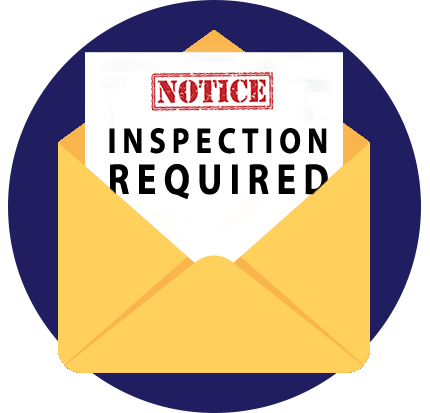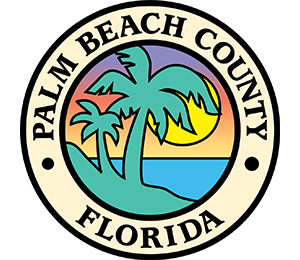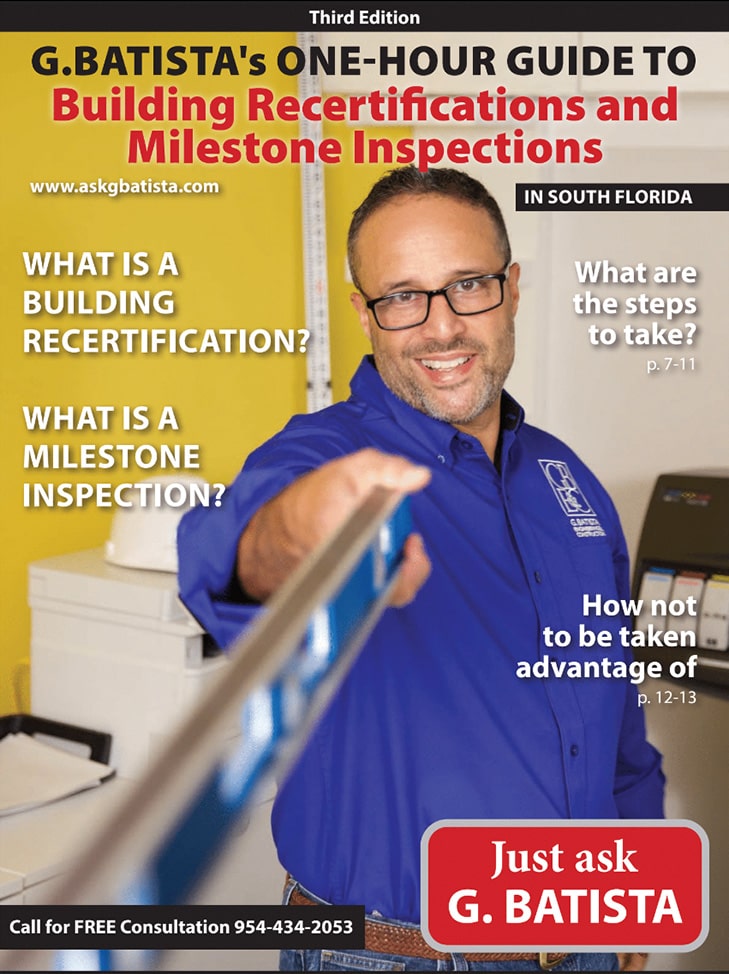BUILDING RECERTIFICATION & Milestone Inspections
Building recertifications, Building Inspections, Building Safety Inspection program, Milestone Inspections, and Structural Integrity reserve studies are all programs geared toward keeping your building safe for everyone both inside and outside of your community. If you’re looking for a Florida-registered professional engineer we are happy to help. As a building inspection and building recertification company we have completed over 1,500 building recertifications throughout Florida with a 100% success rate. What was once known as the 40-year inspection is now called the Building Safety Inspection Program which includes the Milestone Inspection and the Structural Integrity Reserve Study.

It’s crucial to address the recent notification regarding the inspection of your building. Typically, building departments across Florida mandate the submission of an inspection report within 90 days of receipt of such correspondence. Familiarizing yourself with the specific building safety inspection requirements in your local county is imperative to ensure compliance. Rest assured, our team possesses the expertise to guide you through this process seamlessly. As a building recertification company, we are well-versed in elucidating the intricacies of building recertification, clarifying key elements, and facilitating a smooth transition toward meeting current Building Safety Inspection standards. With our assistance, you can navigate the inspection process with confidence and ensure the continued safety and compliance of your building.
WHAT CiTY DO YOU NEED A BUILDING SAFETY INSPECTION FOR?
We have listed all of the requirements below based on your county. Select one of the counties below for specific requirements.
FAQ
Why HIRE US FOR YOUR NEXT BUILDING SAFETY INSPECTION?
At G. Batista Engineering and Construction, we offer all types of Building Inspections and Recertifications that comply with the new Building Safety Inspection program. Some counties require 30-year inspections some require 25-year inspections but all of them require a 10-year inspection after any Building Safety Inspection has been performed. Depending on where you are located the local requirements may vary which is why we have listed the requirements for each county we service below. We can inspect your building or structure and make sure that it is structurally and electrically safe for the specified use for continued occupancy. Our Building Recertification and Inspection company can handle all of your milestone, and Building Safety Inspection needs.
Does all of Florida require a Building recertification?
Yes, After the collapse of the Champlain towers in Surfside, Florida, new laws were put into place in order to prevent this from happening again. However not all counties have the same requirements. For example Miami-Dade and Broward have always had a building recertification program in place. This program already meets all of the requirements that are required in the new SB-4D laws. The only difference is that it is now required earlier than 40 years. According to the new laws these inspections must be done at 25 years or 30 years depending on your location. Other locations outside of South Florida have less strict requirements.
WHAT IS INSPECTED IN THE BUILDING SAFETY INSPECTION PROGRAM?
When the Building Safety Inspection or Milestone Inspection is performed, whether it be a 40-year, 30-year, 25-year, or 10-year recertification, we check all of the required components to make sure your building is safe and up to the current standards of this building safety program. The main components we check are the Structural components and the Electrical system. Some counties such as Miami-Dade and Broward require additional inspections such as parking lot illumination inspection and parking lot guard rail inspection. Our engineers our highly skilled professionals who are up to date with the current milestone inspection requirements and can ensure your building is safe and satisfies the requirements outlined in the milestone inspection regulations.
WHAT BUILDINGS REQUIRE A BUILDING INSPECTION?
A Building Safety Inspection or Milestone Inspection is required by every building across Florida that is over 3 stories high. Depending on the age of your building and how far away your building is from the coast you will be required to re-certify your Building after a certain period. To view the specific requirements for your building you can scroll down below. As a Building Inspection company we are happy to answer any calls you might have regarding the Building Safety Inspection.
What type of building inspector can peform a BUILDING SAFETY inspection?
Building safety inspections can only be done by a Florida licensed Professional Engineer or Architect. So when you are searching online for a building inspector make sure they are an Engineer or architect. The reason a traditional building inspector won’t be able to complete these inspections is because the inspection must be signed and sealed by an Engineer or Architect. Lucky for you we have completed more than a thousand Milestone Inspections. Our team of engineers has a 100% Success rate when it comes to building inspections. We don’t outsource engineers or architects. All of the engineers and architects work full time in our main office ready to help you pass your next building safety inspection.
WHAT IS THE DEADLINE FOR A BUILDING INSPECTIONS?
You are required to submit your phase one Building Safety Inspection also known as Milestone Inspection within 90 days of written notice from your local enforcement agency. If you fail your Phase One building recertification and submit your failed report, most local authorities will give you an extension on your due date so you can address the issues found and resubmit your report. Since we are also a construction company we can also help you with the repairs and then you can resubmit your new report to the local building department.
What is the cost for a recertification?
Some engineers provide a price “per door” or per apartment while others provide a price based on square footage. Others take into consideration the location or the structure, its age, and even if it has a crawl space that he may have to squeeze into. You can expect to pay a wide range of prices (depending on many factors).
Although the 40-year recertification / Milestone Inspection costs can vary widely from professional to professional, there are certain basic items that can affect the price. Either way, it is a good idea to understand what these potential issues are so you can discuss them with your engineer prior to having an inspection. Our engineers can provide you with a proposal once they have a good understanding of your building.
Do you submit my plans to the city for approval
By law we are not allowed to send in your report to the city. Each building owner, association, or management is required to send the documents to their corresponding building department. We will provide you with all of the documentation required to submit but it is your responsibility to send it in.
WHAT AREAS OF FLORIDA DO YOU PROVIDE BUILDING recertificationS?
We can help you re-certify your building in several parts of Florida. We are based out of Fort Lauderdale Florida but can provide Building Inspections in Miami-Dade County, Broward County, Palm Beach County, Jacksonville, and Tampa. We are up to date with the local laws and have performed over a thousand successful building recertifications.
DO THESE INSPECTIONS REQUIRE ME TO UPDATE MY BUILDING TO THE LATEST CODE
Not necessarily. When you get your building re-certified, you do not need to comply with all current building code standards. The recertification does not check if your building is up to current code but instead focuses on the structural and electrical components of your structure and ensuring that it is safe for use.
What is a 40 Year INSPECTION?
The 40-year inspection or 40-year recertification was the previous requirement in Florida. It was required after your building reached 40 years of age. This has now been changed in accordance with the new Building Safety Inspection program. Under the new law, you are now required to complete a recertification after 30 years or 25 years depending on how far your building is from the coast. Below we have listed the requirements for the 30-year or 25-year recertification along with the 10-year recertification.
In fact many people may search google for florida condo 50-year inspection or South Florida 40 year Building Inspection but in reality the 50-year inspection does not exist. One you might be referring to is the 10-year milestone inspection that must be completed after a 40-year inspection. Now that the laws have changed the 40-year inspection is a 30 or 25-year building safety inspection.
WHY IS THE MILESTONE INSPECTION REQUIRED IN FLORIDA?
Building certifications have always been required in Florida in order to keep a Building safe. After the tragedy that occurred in Surfside, Florida at the Champlain Towers, politicians realized that the current inspections were not sufficient and needed to be changed. So a new Building Safety Inspection program, also known as the milestone inspection, was put in place in order to ensure that a tragedy like this would not occur again.
Over time, buildings can face various challenges, from wear and tear to evolving safety standards and environmental concerns. Buildings that are closer to the coast can experience additional wear and tear due to the salt ions in the air. The salt ions can penetrate into the structural reinforcing steel inside the concrete and cause rusting of the rebar which causes it to expand, compromising the surrounding concrete and causing spalling. In order to address these issues and ensure the safety of the building, building recertification has become a crucial process.
One of the primary reasons for building recertification is to ensure the safety of occupants and the surrounding environment. As buildings age, they may experience structural degradation and electrical issues. Recertification allows engineers to assess the structural integrity and safety features of a building to determine if it is safe for continued occupancy.
Building codes and regulations continually evolve to address new safety, energy efficiency, and environmental concerns. Recertification helps buildings stay in compliance with these changing regulations. For instance, modern buildings are often required to meet higher standards for hurricane resistance, energy efficiency, and accessibility. Recertification ensures that older structures can be brought up to par with current standards, reducing their environmental impact and making them more resilient to natural disasters. Additionally, it allows engineers to find and address any compromised structural components of the building.
Buildings are significant investments, and their owners want to maximize their longevity. Recertification helps extend the lifespan of a building by identifying and addressing issues before they become major problems. Regular maintenance and upgrades keep a building in good condition, which, in turn, increases its value and longevity. This benefits both property owners and the community, as well-maintained buildings contribute positively to a neighborhood’s aesthetics and overall quality of life.
Overall Building recertification is a critical process that ensures the safety, sustainability, and long-term viability of your building. By keeping buildings in compliance with evolving safety codes, environmental standards, and modern technology, recertification promotes a safer, greener, and more economically viable future. It also plays a crucial role in maintaining property values, supporting insurance and financing opportunities, and preserving the structural integrity of our urban landscape. In an era of rapid urbanization and environmental challenges, building recertification is an essential practice to create safer, more sustainable, and resilient communities. We have a dedicated page that further explains the Milestone Inspection process.






